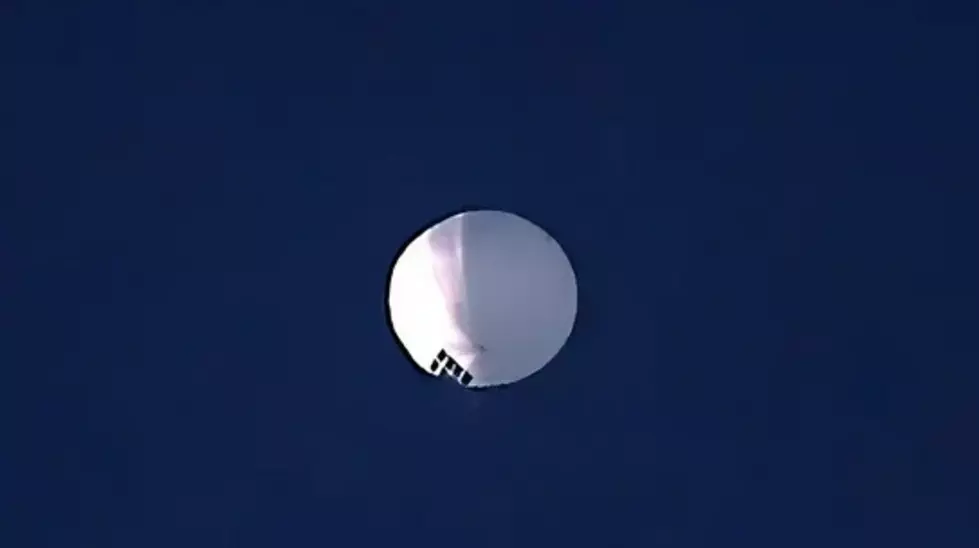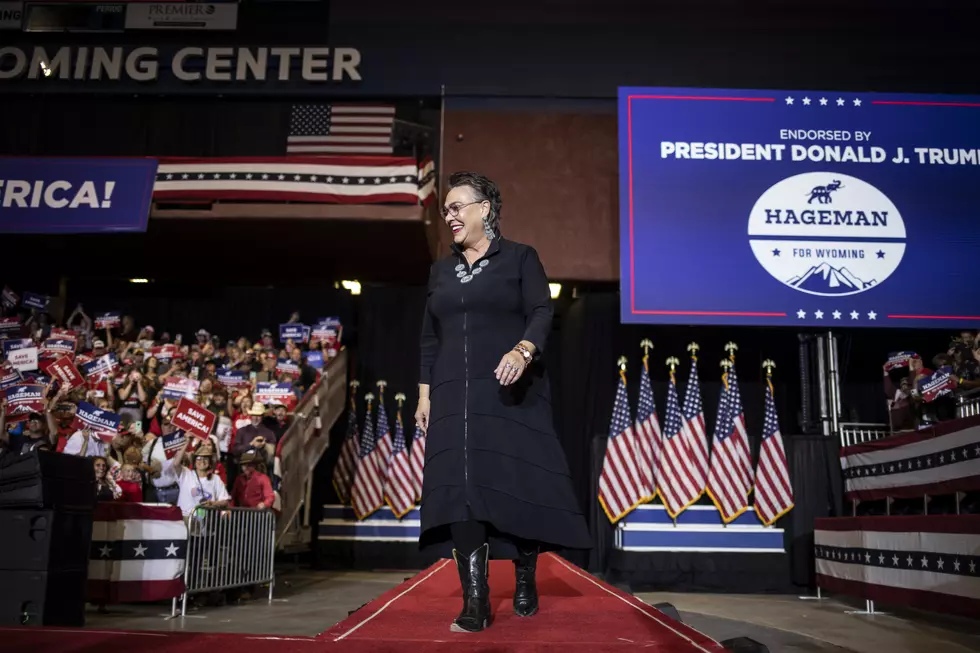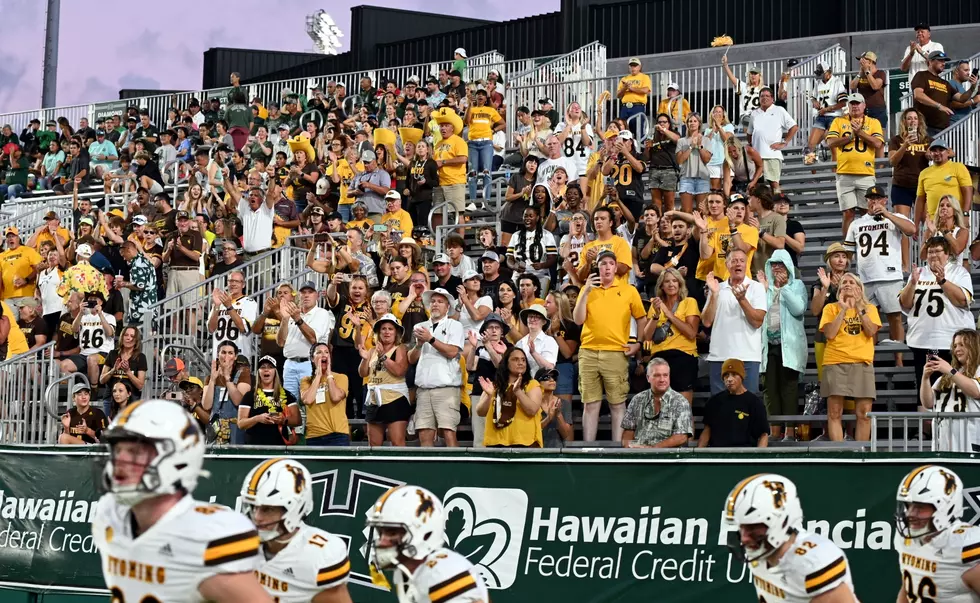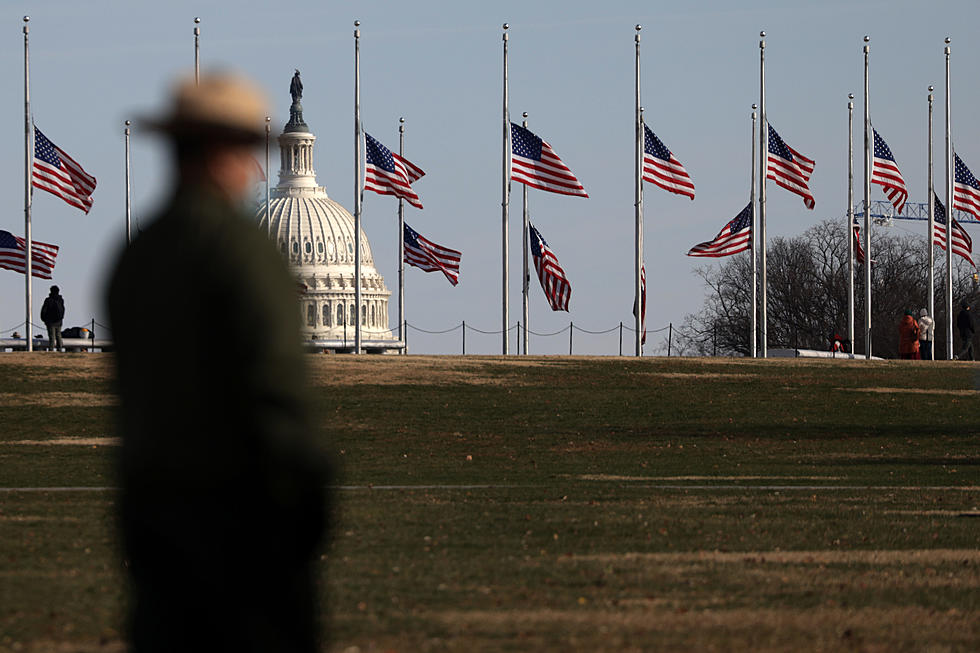
A Pearl Harbor Survivor’s Long Good-bye; A Son’s Efforts To Find the Words
The stories, so many from a long life, link to other stories.
The memory of a 35-pound portable radio on Waikiki Beach on Dec. 7, 1941, segues to what a cell phone can do.
The blows from “a date which will live in infamy” land softer for Pearl Harbor survivor and former Army Tech Sgt. George T. Morton, now 95 and living in a retirement community in Akron, Ohio.
He and I had a good chat Tuesday.
Today, he visited and had lunch with my brother, another survivor, and an Akron Beacon Journal reporter and photographer in Wooster about 40 miles away. I had planned to join them, but Monday’s storm nixed the trip to Denver International Airport.
Fifty years ago north of Cincinnati, where my dad and mother built our house, I learned patriotism and the other values of that generation.
But I didn’t learn much about Pearl Harbor, even though my dad was there and it stands as one of the defining events of the 20th century. Until the mid-1980s, he deflected most questions about it other than a vague anecdote or two. He really deflected questions about returning for a visit.
But he and my mother did visit in 1989, and a trip to the USS Arizona Memorial disgorged a flood of repressed memories and pain, and a resolve to tell his story.
Dad joined the Pearl Harbor Survivor’s Association, set up a monument with other survivors in a little town overlooking the Ohio River, and watched us three kids go our academic and professional ways.
He didn’t have it so lucky growing up a street kid in the Over the Rhine District – a “bring your own switchblade” neighborhood as he described it – in Cincinnati. He quit school probably in the ninth grade because he a faced a choice: education or eating. He worked as a bookbinder.
Dad enlisted in February 1940, chose to serve (in other words, have some fun) in Hawaii over the Philippines (which would have meant sure death) and Panama.
He was first stationed at Schofield Barracks and then in mid-1941 was moved to Fort Armstrong on the Honolulu Harbor where he off-loaded light artillery and ordnance.
He turned in early on Dec. 6 after watching a University of Hawaii football game, woke up early Sunday, and went swimming with a buddy at Waikiki -- listening to the erratic reports on that bulky portable radio -- when the first wave of Japanese planes hit the harbor at 7:55 a.m.
They returned to their base, by way of a bus, to hear a reading of the Articles of War and begin the duties - patrols, errands, bagging corpses (it's okay once you get used to the smell, he said) - that followed.
Confusion reigned. Guard duty near the shore freaked out soldiers because they were anticipating an invasion, and the lapping waves heightened the tension.
In an interview with the National Park Service at the Arizona Memorial 50 years later, he offered this example: “And every once in a while, some guys get the patrols mixed up and start shooting at each other, which wasn't funny.”
Dad spent most of the war in and out of Hawaii, preparing ordnance for military campaigns in the South Pacific. He later transferred to the Aberdeen (Maryland) Proving Ground to test ordnance.
During the next 70 years, he earned an engineering degree at Ohio State University, married, built a house, had three kids, built jet engines for General Electric, earned a couple of masters degrees, participated in church and nurtured a deep piety, led Boy Scouts, worked in France, retired, traveled a lot, buried his wife of 62 years in January 2012, and now lives with mid-stage Alzheimer’s.
He didn’t go to Hawaii to be at the start of World War II. He didn’t like having to go to the bombed airfields to pick up body parts. He didn’t intend to be anybody’s hero.
The military life served him well, and still does because he maintains basic life skills – cleaning, dressing and the like – even as a mind enters its long good-bye.
On the other hand, military life had its downside as family life could be a top-down experience.
Yet 75 years on, he looks back at that Sunday morning and our subsequent lives, and we can say he handled well the hand he was dealt.
Tuesday, he put it like this: "People respond as best they can, to what they can at a time, sometimes, where all the cards, you don't get the cards, but you're playing the game."
More From K2 Radio









